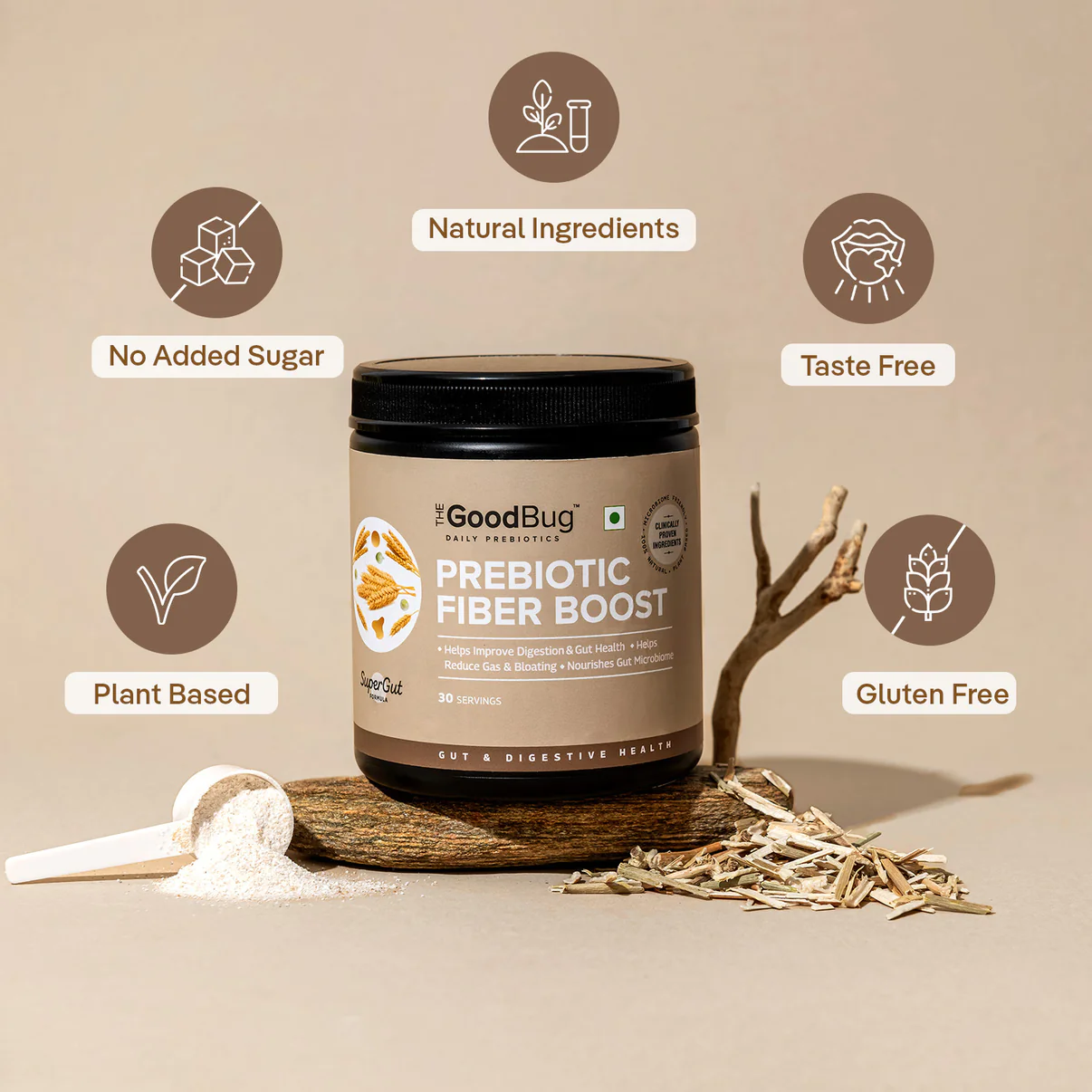Exploring the Benefits of Good Bug Probiotics
In recent years, there has been a growing awareness of the importance of maintaining a healthy gut for overall well-being. The gut microbiome, consisting of trillions of microorganisms, plays a crucial role in various bodily functions, from digestion to immune system regulation. Probiotics, often referred to as “good bugs,” have gained popularity as a means to promote a healthy gut. In this article, we will delve into the world of good bug probiotics, their benefits, and how they can contribute to your health.
What Are Good Bug Probiotics?
Probiotics are live microorganisms, primarily bacteria and some yeasts, that provide health benefits when consumed in adequate amounts. They are often called “good bugs” because they help maintain a balanced gut microbiome by supporting the growth of beneficial bacteria and inhibiting the growth of harmful microorganisms. Probiotics can be found naturally in some foods and are also available in supplement form.
Must read: Expert Tips – How to Look Beautiful Naturally
The Role of Good Bug Probiotics in Gut Health:
The gut microbiome is a complex ecosystem of microorganisms that inhabit the digestive tract. A balanced and diverse microbiome is associated with several health benefits, including:
Improved Digestion: Probiotics assist in breaking down food and absorbing nutrients more efficiently, which can alleviate digestive issues such as bloating, gas, and diarrhea.
Enhanced Immune Function: A significant portion of the immune system resides in the gut. Probiotics help regulate the immune response and protect against harmful pathogens.
Mood and Mental Health: Emerging research suggests a connection between gut health and mental well-being. Probiotics may influence the gut-brain axis, potentially impacting mood and cognitive function.
Reduced Inflammation: Probiotics can help modulate the inflammatory response in the gut, potentially reducing the risk of chronic inflammatory conditions.
Balanced Microbiome: Probiotics contribute to a balanced and diverse gut microbiome, which is associated with overall health and disease prevention.
Sources of Good Bug Probiotics:
Probiotics are found in various foods and supplements. Common food sources of probiotics include:
Yogurt: Yogurt contains live active cultures, primarily Lactobacillus and Bifidobacterium strains.
Kefir: Kefir is a fermented dairy product rich in probiotics and can also be made with non-dairy alternatives.
Sauerkraut: Fermented cabbage is a source of Lactobacillus bacteria and is rich in vitamins and fiber.
Kimchi: A traditional Korean dish made from fermented vegetables, often containing a variety of probiotic strains.
Miso: A Japanese seasoning made from fermented soybeans or grains, which contains beneficial bacteria.
Supplements: Probiotic supplements are available in various forms, including capsules, tablets, powders, and liquid extracts. These supplements often contain specific strains of probiotics for targeted health benefits.
Choosing the Right Probiotic:
Selecting the right probiotic can be a daunting task due to the sheer variety of available strains and products. To make an informed choice:
Consult a Healthcare Professional: If you have specific health concerns or conditions, consult with a healthcare provider or registered dietitian for personalized recommendations.
Look for Strain Specificity: Different probiotic strains offer distinct benefits. Choose a probiotic with strains that align with your health goals.
Check Colony Forming Units (CFUs): CFUs indicate the number of live microorganisms in a probiotic. Higher CFU counts are not always better, as the effectiveness depends on the specific strain and intended use.
Consider Packaging: Probiotics should be stored in airtight, opaque containers to protect them from moisture, light, and oxygen, which can reduce their viability.
Must Read: Daily Greens Supplement, Their Benefits? Wellbeing Nutrition Daily Greens Reviews
Conclusion:
Good bug probiotics offer a range of benefits for gut health and overall well-being. Whether you choose to incorporate probiotic-rich foods into your diet or take supplements, maintaining a balanced gut microbiome can contribute to improved digestion, enhanced immunity, and better overall health. Remember to consult with a healthcare professional for personalized guidance on incorporating probiotics into your daily routine.
Frequently asked questions (FAQs) about Good Bug Probiotics, along with their answers:
1. What are probiotics, and what are “good bug” probiotics?
Probiotics are live microorganisms that provide health benefits when consumed in adequate amounts. “Good bug” probiotics refer to the beneficial bacteria strains found in these microorganisms.
2. How do probiotics benefit gut health?
Probiotics promote gut health by maintaining a balanced microbiome, aiding in digestion, modulating the immune system, and reducing inflammation.
3. What are the common sources of probiotics in food?
Common food sources of probiotics include yogurt, kefir, sauerkraut, kimchi, miso, and other fermented foods.
4. Are probiotic supplements necessary if I consume probiotic-rich foods?
Consuming probiotic-rich foods can be sufficient for many people. Supplements may be recommended for specific health concerns or for those who don’t consume enough probiotic foods.
5. Can probiotics help with digestive issues like bloating and diarrhea?
Yes, probiotics can help alleviate digestive issues by promoting a healthy gut environment and improving nutrient absorption.
6. Are there different strains of probiotics, and do they have different effects?
Yes, there are numerous probiotic strains, each with its unique benefits. Different strains may be used for specific health goals, such as Lactobacillus and Bifidobacterium strains for digestive health.
7. How do I choose the right probiotic supplement?
Choosing the right probiotic depends on your health goals. Consult a healthcare professional for personalized recommendations, considering factors like strain specificity and CFU count.
8. Can probiotics help with mood and mental health?
Emerging research suggests a connection between gut health and mental well-being. Probiotics may influence the gut-brain axis and potentially impact mood and cognitive function.
9. Are there any side effects or risks associated with probiotic use?
While probiotics are generally safe, some individuals may experience mild gastrointestinal symptoms initially. It’s essential to start with a low dose and consult a healthcare professional if you have underlying health conditions.
10. How long does it take to see the benefits of probiotics?
– The time it takes to notice the benefits of probiotics can vary. Some people may experience improvements in a few days, while others may take several weeks. Consistency in consumption is key to long-term benefits.
Featured Image – https://thegoodbug.com/








